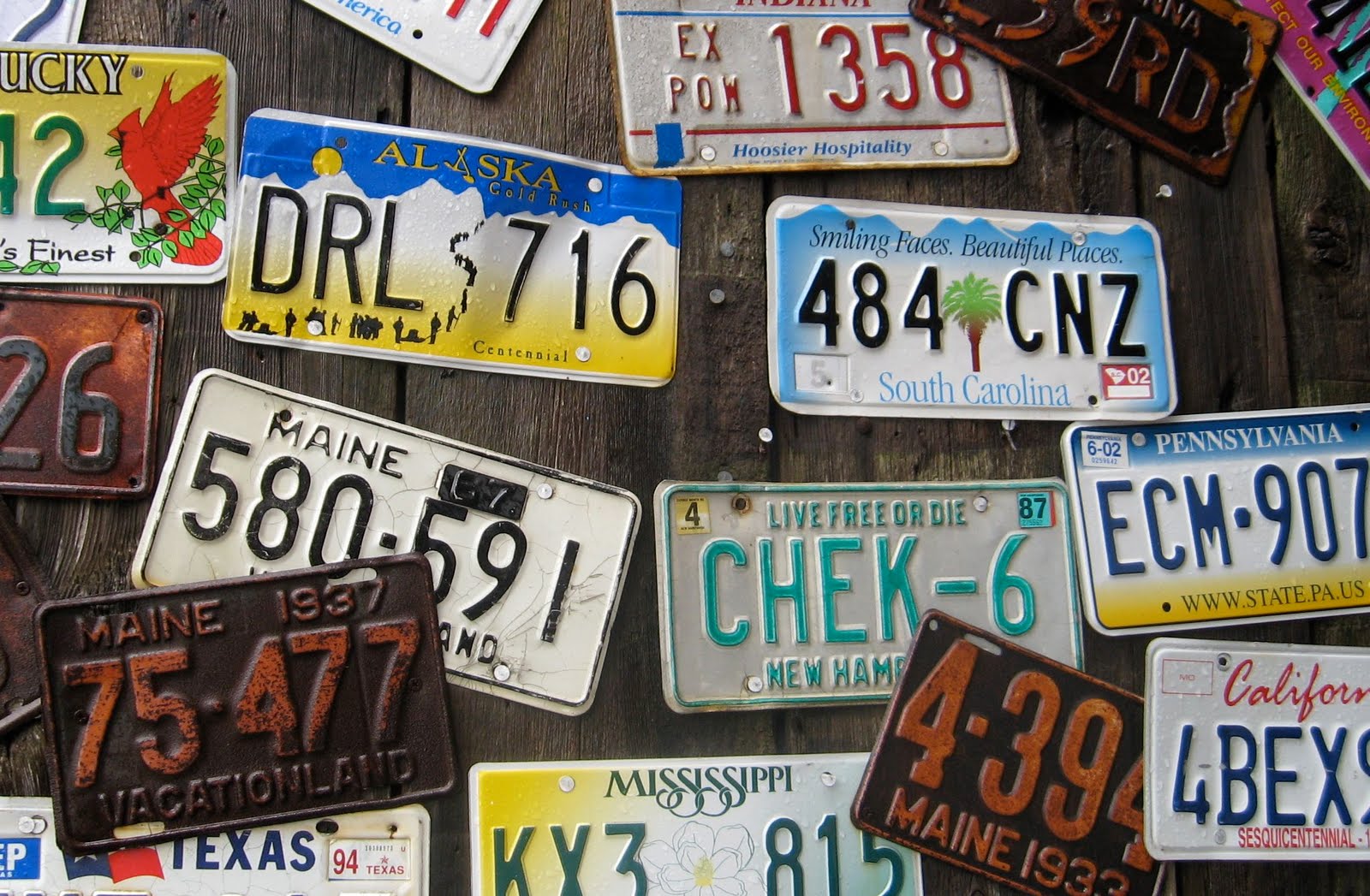
It's amazing how long it can take to put the pieces together.
Upon arriving in Benin in 2003, I remember seeing glass jugs full of apple cider. Later, of course, I learned that these big glass jugs were full of gasoline, the only sources of fuel in the nation. No gas stations for the third world, just roadside jugs of petrol. I never thought much about where this fuel came from, assuming that it was somehow imported through "normal" channels.
Along highway 46 from Paso Robles, California towards Bakersfield/Fresno, there is a large oil field. Hundreds of giant rusty hammers pump the ground, gears and contraptions rotating 24 hours a day. Nearby, a chimney-like construction burns like a candle, also 24 hours a day.
It wasn't until the director of Louisiana Bucket Brigade mentioned a 50-year flare in Nigeria that I made the connection: Deposits of oil and natural gas go hand in hand. In extracting oil, companies have to do something with the natural gas. By far the cheapest (and most damaging) way of dealing with natural gas deposits is to burn it, hence the burning flare near Paso Robles. Gas flares emit 400 million tons of CO2 into the atmosphere and waste 5.5% ($40 billion) of natural gas resources each year, according to the website Just Means.
The modest flare in Central California, however, is nothing compared to the giant flares throughout Nigeria. Nigeria is the sixth-largest oil producer in the world; the Niger Delta has 606 oilfields that supply 40% of US oil imports, according to The Guardian. Nigeria should be a wealthy nation, but the people of Nigeria have not benefited from their oil wealth. Instead, they've been subjected to the impacts without compensation. In Akaraolu, a 200-foot column has spewed fire and natural gas fumes into the air since 1972. The fine particulate matter released by gas flares cause a range of respiratory problems and the benzene released is known to cause leukemia and cancer. Lacking even basic services, villagers watch as oil companies harvest billions from their land. This photo essay by Chris Hondros captures the human tragedy of the village.

While we contemplate the devastation to the Gulf of Mexico, it is important to remember that more oil is spilled through damaged pipelines and infrastructure in Nigeria each year than what was spilled in our waters. Shell claims that 98% of spills in Nigeria are caused by vandalism and theft.
Here is where the pieces come together for me: This "vandalism" provided the only gas available in Benin. Just as BP has tried to displace blame onto subcontractors, Shell places the blame on the people of Nigeria. Why is it that such an oil-rich nation doesn't even have gas stations? Why do so many villages lack even basic necessities like clean drinking water? Couldn't these conditions be the driving factors to the "theft"?

No comments:
Post a Comment
Whenever people agree with me I always feel I must be wrong.
- Oscar Wilde